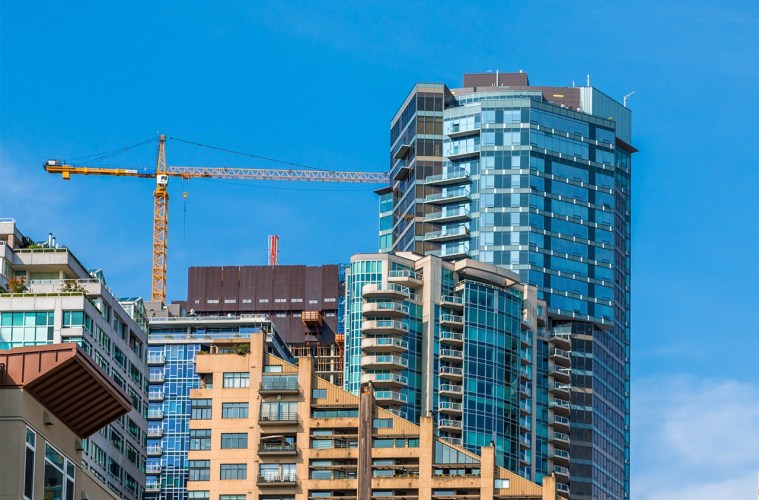
It may feel like a tired refrain after nearly three months of quarantine, but it remains true: it’s still too early to truly tell the toll COVID-19 will take on our economy — both locally and nationally — until we are able to fully reopen and jumpstart area businesses.
Thanks to our diversified economy, strong tech sector and attractive, startup-friendly environment, the Seattle area is well-positioned for and capable of a nimble recovery.
Several recent studies analyzing our housing market, population density, and educational attainment (and jobs that require higher education) indicate that Seattle is primed for a recovery that may be quicker and shorter than other major metropolitan areas across the country.
ATTOM Data Solutions, a provider of real estate and property data, put together a special report comparing regions across the country and identifying the housing markets more and less vulnerable to COVID-19 impacts. Their research puts King County within the 50 least at-risk counties. Furthermore, their data shows the West Coast as a whole to be incredibly resilient, with only one West Coast county (in California) appearing in the top 50 most vulnerable markets.
Looking at population density and education, Moody’s Analytics assessed the 100 top metro areas in the country and identified the U.S. cities in the best and worst positions for post-pandemic recovery. Their research notes that the cities best prepared to bounce back have low population densities and high levels of educational attainment. Seattle ranked in the top five metros poised for a quick recovery.
While the recent economic contraction has been profound and carried many unseen ramifications, our region’s tech sector has remained strong. Dominating much of our local economy, tech’s presence here may help buffer our area’s economy from worse dips taking place elsewhere.
It is true that some sectors of our regional economy — particularly hospitality (restaurants and bars), leisure (hotels), tourism and travel — have been hit harder. Those businesses and employees feel the impacts more strongly and may experience a harder and more drawn-out recovery. The direct hits to these sectors — with shuttered businesses and job losses — will resonate through the economy at large. As noted by Windermere Chief Economist Matthew Gardner in a recent “Mondays with Matthew” post looking at how COVID-19 has affected employment, it’s likely that many workers in these sectors are renters, so their misfortunes are likely to impact the region’s rental market. As businesses are forced to close, many may struggle to find new employment until the economy is open and fully operational again.
Loss of tax revenue from the retail, hospitality and tourism sectors (especially from cruise ships, many of which will not be docking in Seattle for the foreseeable future), is already impacting state and local budgets, potentially causing painful future spending cuts over the next few years, as noted in The Seattle Times.
While our economy — city, state, and national — has shrunk dramatically in the second quarter of this year, economists still anticipate recovery beginning as soon as businesses reopen, and stay-at-home orders are lifted. Gains will advance slowly, but will continually increase through the remainder of the year. As Matthew Gardner predicts, the second half of 2020 should be significantly better than the first.
This post originally appeared on GettheWReport.com

 Facebook
Facebook
 X
X
 Pinterest
Pinterest
 Copy Link
Copy Link


